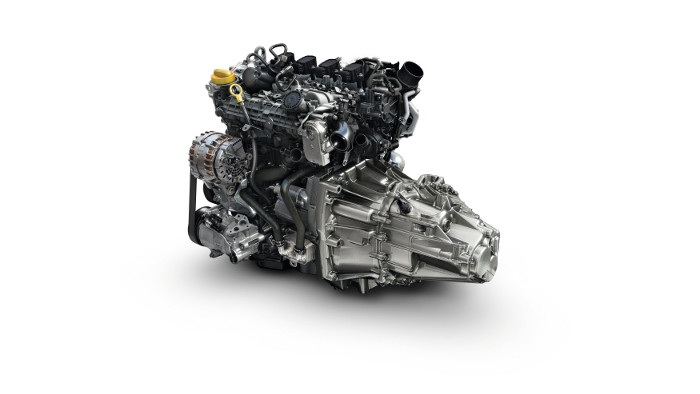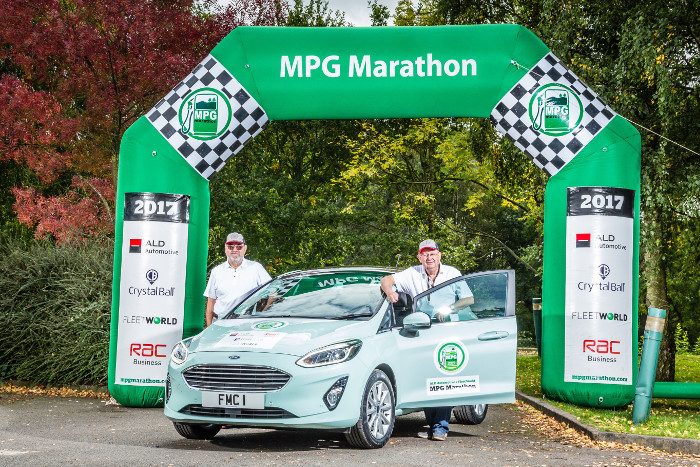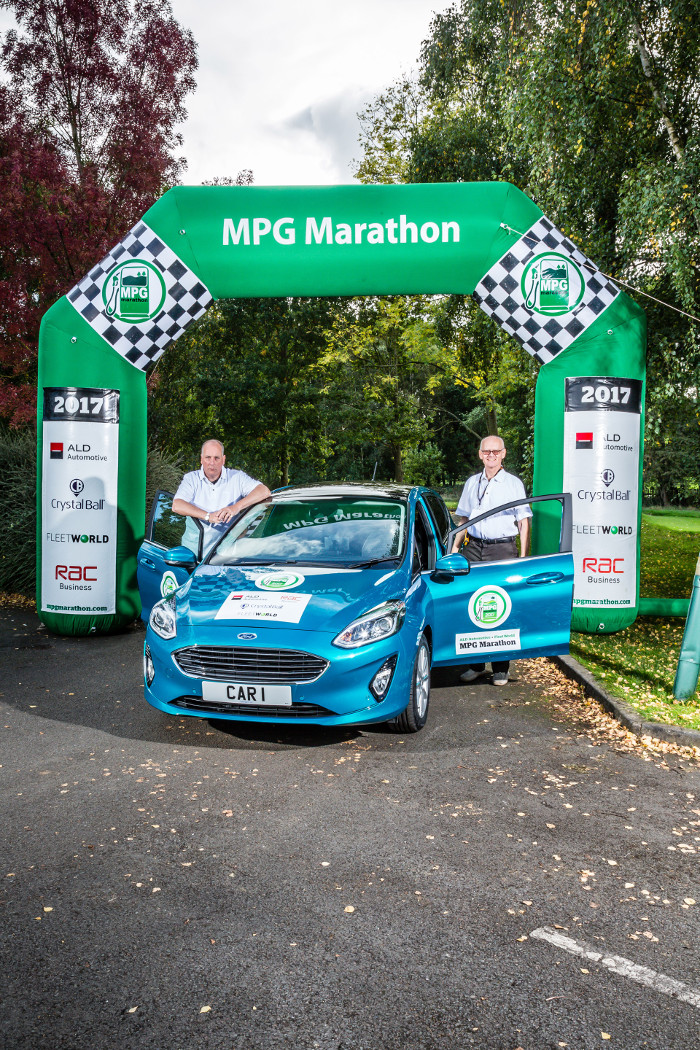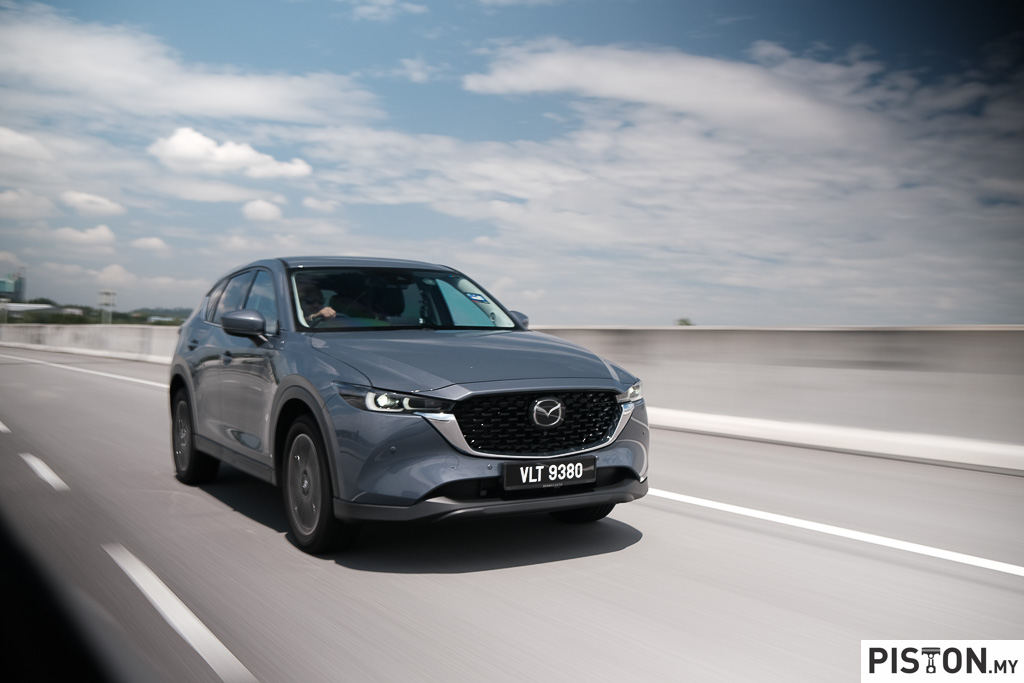This has been a good year for the British engine manufacturing business. Despite the economic turmoil caused by the United Kingdom’s decision to leave the European Union, this sector hasn’t been affected. In fact, The Society of Motor Manufacturers and Traders (SMMT) states that the UK has seen substantial investments in this area for 2017.
In November alone, 279,532 engines were produced compared to just 250,879 during the same period last year. Year-to-date (YTD) figures tell a similar story with 2,544,575 engines built this year compared to 2,387,044 in 2016. About 54.6% of all engines that were made in 2017, were meant for export markets.
Mike Hawes, SMMT Chief Executive, said, “2017 has been a very robust year for UK engine manufacturing, with huge investments into new facilities and engine models delivering impressive dividends both at home and overseas.”
This is good news for the region considering that Brexit hasn’t been easy for either side, threatening to wreak havoc for several industries that rely on mutual partnerships. Many consider the UK as the technology capital of the world. Most Formula 1 teams operate from within the UK due to the unrivaled wealth of knowledge and expertise available.
Once the separation is complete however, things may not look as rosy. There is a high probability that it could cause a ripple effect that will affect other parts of the globe. The magnitude of this problem will depend on how well, British PM, Theresa May and her government are able to navigate the country past the messy divorce.



















